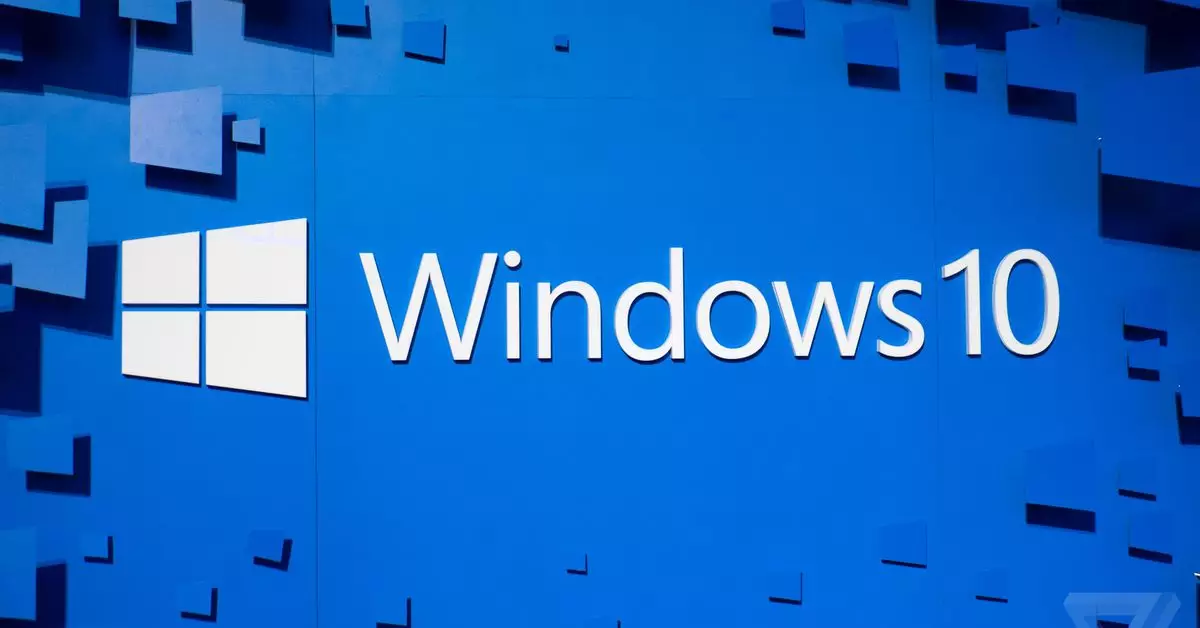As Microsoft sets its sights on the future, the transition from Windows 10 to Windows 11 marks a significant pivot in the tech landscape, particularly concerning user support. With an end-of-support date firmly established for October 14, 2025, Microsoft is now presenting its users with a charged opportunity for Extended Security Updates (ESU). This newly introduced program allows consumers to continue receiving critical security updates for an annual fee of $30, but it also highlights the company’s inclination toward pushing users towards Windows 11.
The announcement raises crucial questions surrounding the motivations behind these fiscal decisions, especially when one considers the broader implications for both consumer and enterprise environments. On one hand, the prospect of paying even a nominal amount for continued security updates for an aging OS is intriguing but indicates Microsoft’s strategic push—not just to secure revenue streams but to expand the adoption of its latest operating system.
While consumers are presented with a straightforward one-year option at $30, the corporate world faces a distinctly different structure. Businesses must shell out $61 annually for ESU, with escalating fees for subsequent years, further reinforcing a notion that Microsoft’s support intentions diverge based on the size of the customer. For consumers, however, the program denotes a change in how updates are valued; no longer is it an inherent part of owning a Windows device, but rather a service to be purchased.
Addressing consumer concerns, Yusuf Mehdi, Microsoft’s executive vice president, articulated that while updates under the ESU program will remain critical, features, bug fixes, and any form of technical support will be entirely off the table. This minimalistic approach to support further emphasizes Microsoft’s aim to funnel users towards Windows 11—a modern OS that arguably caters to today’s computing demands better than its predecessor.
Microsoft’s communication strategy has leaned heavily on encouraging users to transition to Windows 11 as the end of Windows 10 looms. The company’s continuous prompts suggest that it views Windows 10 as a stopgap rather than a long-term solution. The introduction of stricter hardware requirements for Windows 11—necessitating processors from 2018 onward and TPM security chips—creates a significant barrier for some users, who may find themselves needing to purchase new computers altogether.
Despite these challenges, there are glimmers of optimism, as adoption trends indicate a slow, yet steady migration towards the new operating system. In August, Windows 11 even briefly eclipsed Windows 10 among PC gamers on Steam. However, its popularity diminishes as many users grapple with decision fatigue regarding hardware compatibility and usability.
Perhaps the most perplexing element of Microsoft’s recent strategy is the reopening of its beta program for Windows 10, which is something users did not anticipate, especially as Microsoft had previously declared that major updates for Windows 10 would cease in 2023. By reintroducing a beta testing avenue, Microsoft not only extends the lifespan of Windows 10 but also muddles its messaging—leading to confusion among users about their upgrade paths.
This seemingly contradictory approach may provide users with new functionalities that might otherwise incentivize them to stay on the platform a while longer, ultimately complicating the rational pathway to Windows 11. For many, this could make the transition an arduous emotional and technical journey.
As Microsoft boldly signals the end of Windows 10, the company also extends a lifeline in the form of paid Extended Security Updates for those unwilling or unable to transition to Windows 11. For consumers and businesses alike, the next steps are not merely about software—it’s about making calculated decisions in response to an evolving technological milieu. While the transition might pose challenges, it also serves as a clarion call for users to reconsider the platforms they utilize and ensure that their computing experiences remain secure and forward-looking.


Leave a Reply